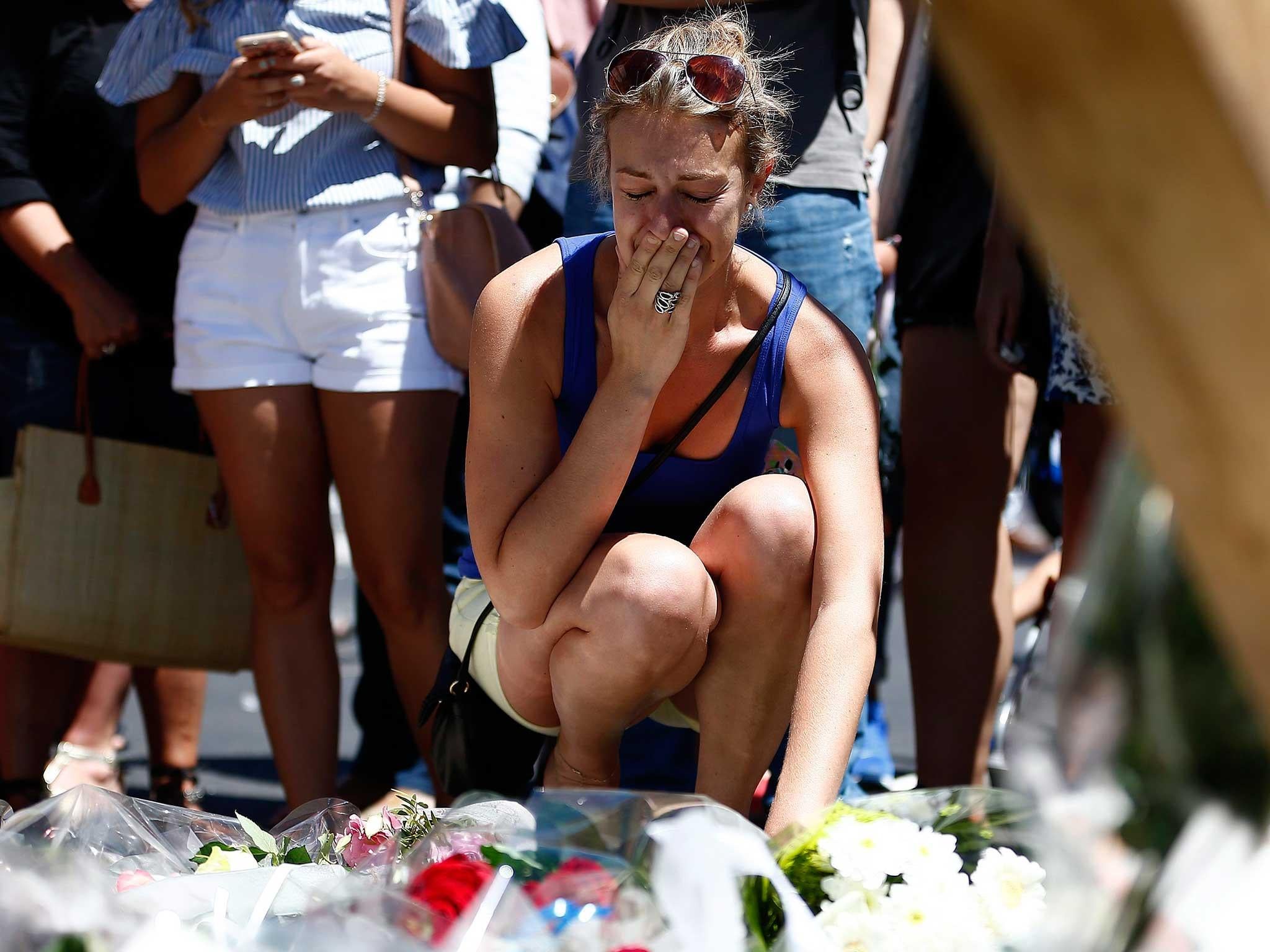This is how we can work towards preventing another Nice – but there are no easy answers
The world sympathises with France because virtually every corner of the world has been affected, in one way or another, by terrorism. Few communities can count themselves entirely safe

One of the many troubling truths about the horror in Nice is that it, or something very like it, will happen again. On a much smaller scale, in 2014, there were similar attacks in Nantes and Dijon, using vans rather than trucks. The murder and mutilation of Fusilier Lee Rigby in 2013 began with him being run over on the pavement. When cars, vans and lorries are used as weapons of terror, then it is not difficult to imagine how such atrocities can be perpetrated again in future.
Indeed, looking back at the recent European football championship, it is, if anything, surprising that more deranged terrorists have not succeeded in murdering the innocent.
These acts, though committed in the name of Islam, have nothing to do with Islam. On the contrary, they are designed to provoke profoundly un-Islamic reactions of revenge and violence between communities and cultures. Whether they were inspired or directed by al-Qaeda or Isis, committed on a small or large scale, carried out by gangs or by individuals, all terror attacks committed in the name of Isis have this one thing in common: the desire to provoke further killing, hatred and division.
Politicians such as Marine le Pen all too easily fall into that trap, or perhaps leap into it enthusiastically. The less we resist the temptation to do so, the more the terrorists will, in the final analysis, lose, almost by definition.
France is certainly engaged in a war on terror, through its interventions in Syria, Iraq and, earlier, Libya. It has historical links to the region, and it is as worried about the rise of Isis as anyone else. The increasing success of the air campaign led by the West is one reason that Isis, and those inspired by the group, feels the need to retaliate. It is, as many of their attacks have been, an act of cowardly desperation and not one of strength.
There has been some talk, as there was after the attacks in Paris, that the French intelligence service, together with Belgium’s, is somehow failing. There may well be shortcomings, and there is always scope for closer and more accurate sharing and gathering of intelligence. But we have to understand that those would-be terrorists who are off the radar, acting alone or in small numbers and previously unknown to the authorities, and certainly not as mass murderers, will still continue to appear.
The British security service is rightly proud of its record in averting outrages, but it cannot expect to be able to thwart every one, especially if all that is needed is the keys to a lorry and a row of people to run it into.
The world sympathises with France because virtually every corner of the world has been affected, in one way or another, by terrorism. Few communities can count themselves entirely safe. We all rely on the authorities to fight radicalisation, to disrupt supply and access to funds and weapons, and to do whatever it takes to track and control those who would do us all harm. We rely on them too to build cohesive societies where people of all faiths and backgrounds feel safe, and where there are jobs for young people who come from minority communities, and where they feel confident that the police will treat them fairly.
All that sounds utopian, perhaps, but it is the practical path to removing some of the causes of terror, from Dallas to Nice. If there were easier answers, they would have been discovered by now.
Join our commenting forum
Join thought-provoking conversations, follow other Independent readers and see their replies
Comments
Bookmark popover
Removed from bookmarks